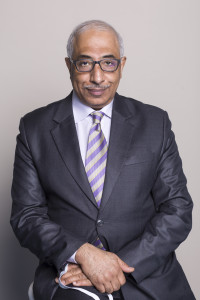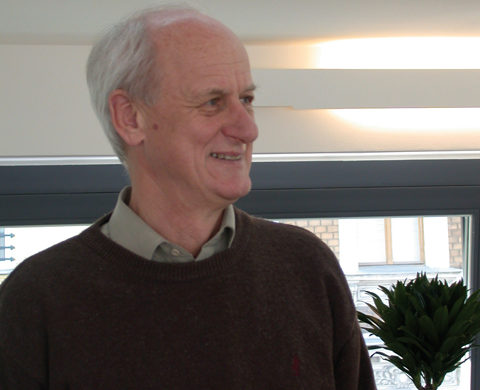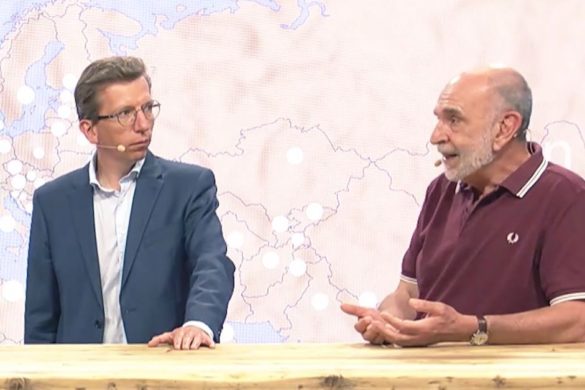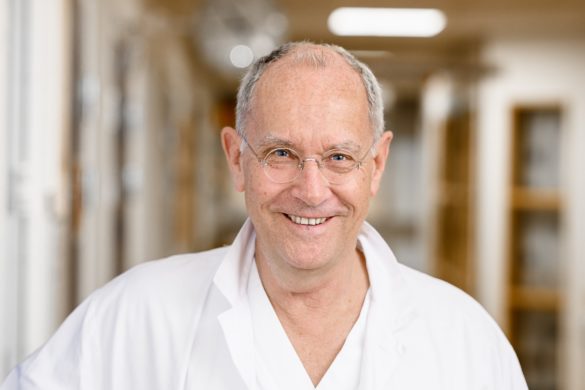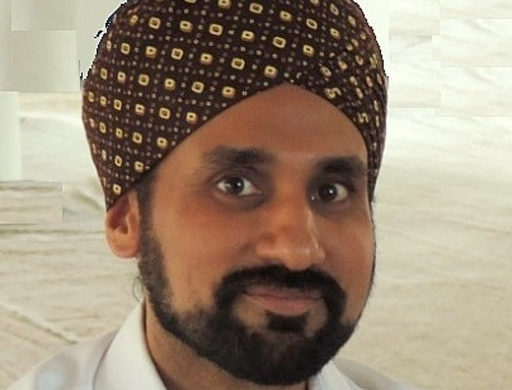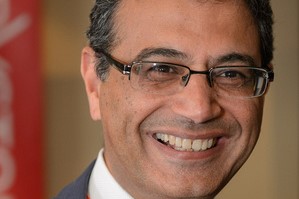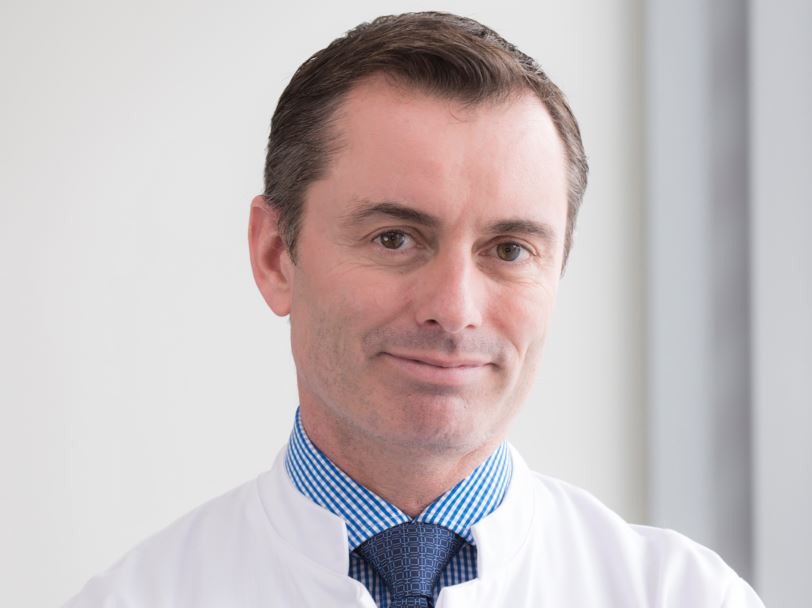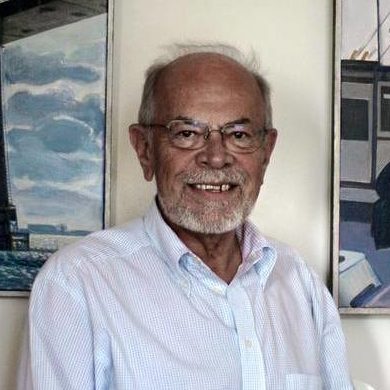David Vodušek (DV): As president of PAUNS, can you please tell the Neuropenews readers of the organization’s history, its present activities and plans for the future?
Saeed Bohlega (SB): PAUNS was conceived during the World Congress of Neurology (WCN) meeting in Barcelona, Spain in 1973 but it was only in 22nd May 1975 that PAUNS was officially founded. Under the leadership of the late Dr. Ahmed El Banhawy as first President, PAUNS came into existence in Cairo with the combination of various neuroscience societies in the Arab World, including specialists from countries lacking such societies. Since then,ten general Pan Arab conferences has been held in different parts of the world under the auspices of the WFN.
Among the current activities of the PAUNS Board is the revision of the By-Laws and re-registration of the society in Egypt. We started to work on a database for Neurologists in the region. Also we started to establish sub-specialty committees i.e. Movement Disorder, Stroke, Neurophysiology and Dementia. We aim to improve in all aspects of neurological research.
We are in the process to hold workshops in various countries and the first three workshops will be announced during the PAUNS Board meeting in February 2016 in Cairo.
DV: The PAUNS meeting, that takes place every two years, hosts a special session organized in cooperation with EAN and a reciprocal special session dedicated to pathologies specific to the Mediterranean area is organized at the annual EAN congress.
How do see the role and the potential of these Special Sessions during the EAN as well as the PAUNS congresses?
SB: The special sessions of EAN during our congress are highlighted with the alternating presentations from each organization. For example, during the last congress in 2015 in Jeddah, our panel of speakers from Western World included Prof. Gunther Deuschl, Prof. Helmuth Steinmetz and Prof. Dirk Dressler from Germany, Prof. Jean-Marc Leger from France. We hope to increase these combined sessions with our proposed meeting in Tunisia in early 2017.
DV: EAN has an agreement with 9 National Neurological Societies of the Mediterranean and Maghreb area – the societies of 9 countries* of the Mediterranean are Corresponding Institutional Members to EAN.
How can PAUNS be of help to enhance the cooperation with these countries and make sure to involve the young neurologists in the proposed educational activities in a more pro-active way?
SB: We discussed this issue during our last PAUNS Board meeting in Barcelona in October 2015. It was unanimously agreed that PAUNS should be the main link between member countries and EAN, i.e. for the training courses and fellowship visit as well potential collaborative research.
DV: You are also the president of the Neurological Society of Saudi Arabia; could you give our readers a short description of the health care system in your country, and particularly of the organization of the neurology services?
SB:The neurology society in Saudi Arabia is still in its early stages. Previous meetings were done informally by different institutions or universities but when I served as Founding President of the Saudi Neurology Society in 2012, the society took over the hosting of the annual meetings. Now, the members of SNS are around 600 Neurologists from all over the Kingdom. The society started a sub-speciality chapters i.e. neurophysiology, multiple sclerosis, neuromodulation and movement disorders. We shall hold our 23rd Annual Meeting in Madinah Al Munarawah from 3 to 5 March 2016 (www.saudineurology.org.sa). The theme of the meeting is: The Future of Neurology in the Hands of Young Saudi Neurologist” to stress the importance of developing the young generation of neurologists. During this meeting, there will be an election of the new board.
DV: Dr Bohlega I thank you for this very informative interview and wish you and PAUNS further success.
(*): Egypt, Algeria, Egypt, Morocco, Tunisia, Palestine, Lebanon, Libya, Jordan, Syria
Dr. Saeed Bohlega, works at the Department of Neurosciences, King Faisal Specialist Hospital & Research Center, Riyadh, Saudi Arabia

